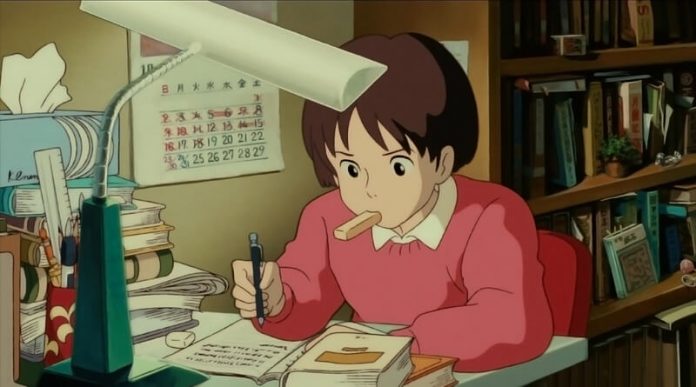Getting to know Japanese Culture #3: Unique Japanese Words
Have you ever wanted to learn some cool Japanese words unique to their culture? Believe it or not, there are sometimes words that just don’t translate back into our native language. Today we will go over seven interesting Japanese words that we don’t have in America today.
#1 Komorebi (木漏日)
Komorebi describes the effect of sunlight streaming through the leaves of the trees, the shadow created on the ground, or even in our curtains. The first kanji 木 means “tree(s),” the second one 漏 refers to “escape,” and the last one 日 is “light” or “sun.” And there we come to the literal, yet very poetic meaning of the term Komorebi – the sunshine filtering through the leaves of trees. The closest English equivalent is probably the phrase: dappled sunlight.
#2 Bakku-shan (バックシャン)
Bakku-shan is a term used to describe a girl who appears pretty from behind but not from the front.
#3 Mono no Aware (物の哀れ)
Mono no Aware is a phrase that describes the bitter-sweetness of a brief and fading moment of transcendent beauty. It’s that “last burst of summer” feel, or the transience of early spring.
#4 Tsundoku (積ん読)
Tsundoku is the condition of acquiring reading materials but letting them pile up in one’s home without reading them.
#5 Kyōiku mama (教育ママ)
Kyōiku mama is a Japanese pejorative term which translates literally as “education mother.” The Kyōiku mama is a stereotyped figure in modern Japanese society portrayed as a mother who relentlessly drives her child to study, to the detriment of the child’s social and physical development, and emotional well-being.
#6 Age-otori (上げ劣り)
Age-otori means to look worse after a haircut. The word is actually extremely uncommon, and according to the 5th edition of the Kojien (an Oxford-dictionary alternative), it means “formally styling one’s hair for a coming-of-age ceremony, with the contrary effect of making oneself look worse than before.”
#7 Wabi-Sabi (侘寂)
In traditional Japanese aesthetics, Wabi-Sabi is a world view centered on the acceptance of transience and imperfection. It now also carries the meaning of accepting the natural cycle of growth and decay.






